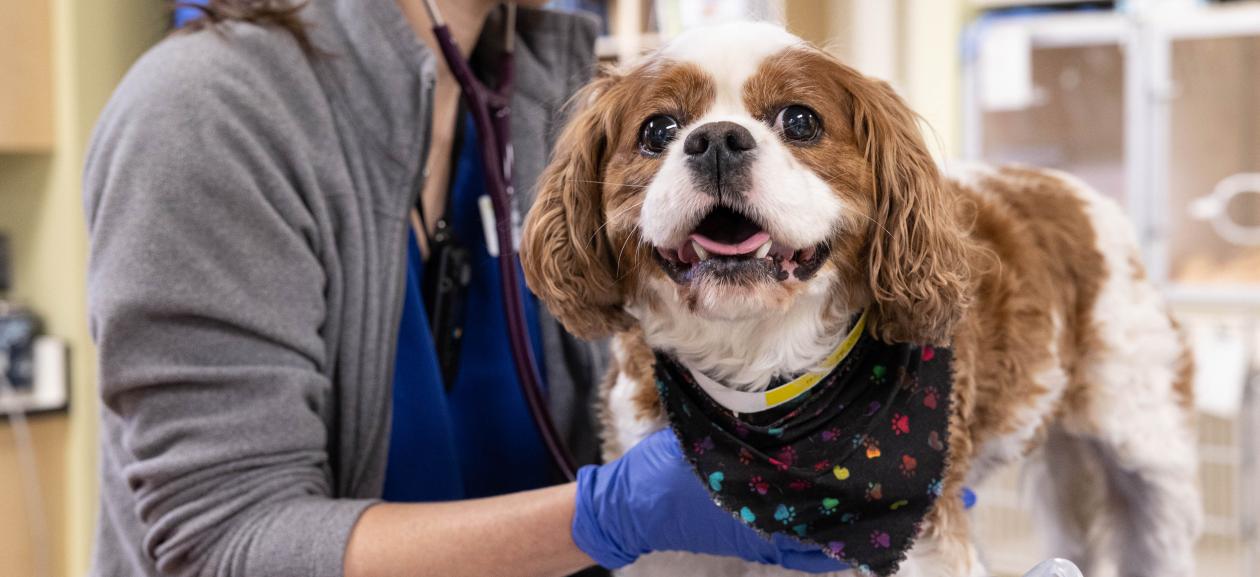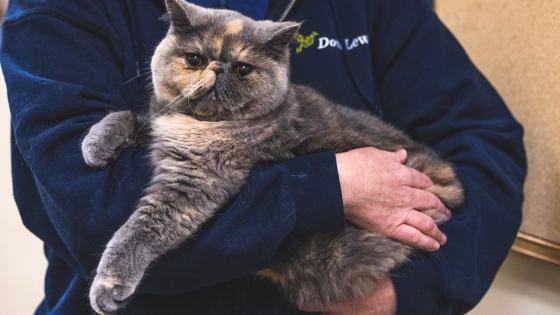
Honk, Hack, Heal: Navigating Your Dog's Kennel Cough
Kennel cough, also known as canine infectious tracheobronchitis, is a highly contagious respiratory disease that affects dogs. It is commonly seen in environments where dogs gather, such as boarding kennels, dog parks, and shelters. While it is rarely a life-threatening condition, kennel cough can cause discomfort for your furry friend and should be addressed promptly.
What is Kennel Cough?
Kennel cough is often used to describe any infectious or contagious condition in dogs where coughing is one of the major clinical signs. Kennel cough is caused by a combination of bacteria and viruses, including Bordetella bronchiseptica, canine coronavirus, parainfluenza virus, and canine adenovirus.
It is highly contagious and can be easily transmitted through airborne droplets or direct contact with infected dogs. The name "kennel cough" originated from its frequent occurrence in crowded kennel environments.
Common Symptoms
The most recognizable symptom of kennel cough is a persistent, dry, hacking cough, often likened to a honking sound. The disease is often mild but the cough can sometimes last several weeks. Other symptoms may include sneezing, nasal discharge, lethargy, reduced appetite, and occasionally, mild fever. It's important to note that symptoms can vary in severity depending on the dog's overall health and immune response.
Treatment Options
In most cases, kennel cough is a self-limiting condition that resolves within 1-3 weeks without specific treatment. However, to alleviate discomfort and speed up recovery, your veterinarian may recommend the following:
- Rest: Allow your dog plenty of rest and avoid physical exertion to aid the healing process.
- Medications: Cough suppressants may be prescribed to help alleviate coughing fits, and antibiotics might be necessary if a bacterial infection is present or suspected.
- Supportive Care: Ensure your dog stays hydrated by providing fresh water at all times. Humidifying the environment can also help soothe the respiratory tract.
Preventive Measures
Prevention is key when it comes to kennel cough, especially if your dog is regularly exposed to high-risk environments. Consider the following preventive measures:
- Vaccination: Ensure your dog is up to date on vaccinations, including the kennel cough vaccine (Bordetella vaccine). Although the vaccine may not prevent all cases, it can significantly reduce the severity and duration of the illness.
- Hygiene and Sanitation: Practice good hygiene by regularly cleaning and disinfecting your dog's living areas, toys, and bowls. Avoid close contact with infected dogs and crowded areas when possible.
- Isolation: If your dog develops a persistent cough, isolate them from other dogs to prevent further spread. Talk with your veterinarian for guidance on when it is safe to reintroduce your dog to social settings.
When to Seek Veterinary Care
While kennel cough typically resolves on its own, it's important to monitor your dog for any signs of worsening or complications. Find veterinary care if your dog has:
- Severe or persistent coughing
- Difficulty breathing or wheezing
- Refusal to eat or drink
- Lethargy or weakness
- High fever
Kennel cough is a common respiratory infection for dogs, particularly in environments where they come into close contact with other canine friends. By understanding the symptoms, seeking timely treatment, and implementing preventive measures, you can help your furry friend recover quickly and reduce the risk of transmission to other dogs.
Remember to consult your local veterinarian or emergency veterinarian for the best treatment plan that is tailored to your dog's specific needs.




